1996
PIONIERI DEL bIOLOGICO
La Linea Primavera Bio è nata più di 20 anni fa, la Prima Vera linea Bio in Italia.
E’ una linea di carni e salumi bio, prodotta secondo metodi naturali: dall’allevamento del suino, alla lavorazione delle carni, fino alla stagionatura del salume.
Rappresenta l’anima solidale ed ecologica che permea tutta la nostra filosofia basandosi su prodotti biologici, senza conservanti, senza glutine e senza farine del latte; sull’allevamento allo stato semi brado e una filiera completamente integrata.
2016
GOOD PIG
Questa nostra passione ci ha portato negli anni a ricevere importanti riconoscimenti nel nostro settore come l’ambito premio Good Pig, il riconoscimento conferito dall’associazione internazionale ‘Compassion in World Farming’ per l’impegno della nostra azienda nella tutela del benessere dei suini.
2025
premio 5 spilli
La Guida Salumi d’Italia 2025, curata da Sabatino Sorrentino e pubblicata da Maretti Editore, è l’ultima edizione dedicata alla salumeria italiana di alta qualità. Questa sesta edizione offre una panoramica su oltre 220 produttori italiani, presentando una varietà di salumi DOP, IGP, BIO e suino nero.
Per il Salumificio Pedrazzoli è stata un’edizione di grande successo con ben 4 riconoscimenti: il prestigioso “Eccellenza 5 Spilli” per i nostri salumi Crudo Bio Brado24+ e Salame BioEttore, il Premio “Animal Welfare” e, motivo di orgoglio, premio “Spillo Verde” per “Azienda e Filiera Sostenibile“
2016
GOOD PIG
Questa nostra passione ci ha portato negli anni a ricevere importanti riconoscimenti nel nostro settore come l’ambito premio Good Pig, il riconoscimento conferito dall’associazione internazionale ‘Compassion in World Farming’ per l’impegno della nostra azienda nella tutela del benessere dei suini.
2025
PREMIO 5 SPILLI
La Guida Salumi d’Italia 2025, curata da Sabatino Sorrentino e pubblicata da Maretti Editore, è l’ultima edizione dedicata alla salumeria italiana di alta qualità. Questa sesta edizione offre una panoramica su oltre 220 produttori italiani, presentando una varietà di salumi DOP, IGP, BIO e suino nero.
Per il Salumificio Pedrazzoli è stata un’edizione di grande successo con ben 4 riconoscimenti: il prestigioso “Eccellenza 5 Spilli” per i nostri salumi Crudo Bio Brado24+ e Salame BioEttore, il Premio “Animal Welfare” e, motivo di orgoglio, premio “Spillo Verde” per “Azienda e Filiera Sostenibile“
I NOSTRI NUMERI
IL NOSTRO VALORE
IL NOSTRO BIO
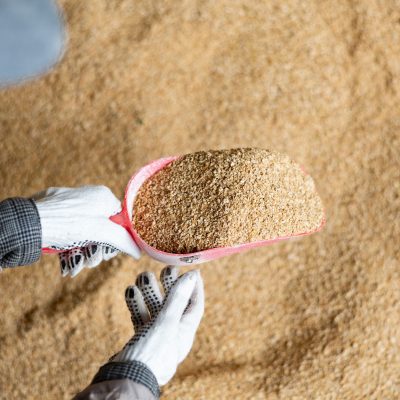

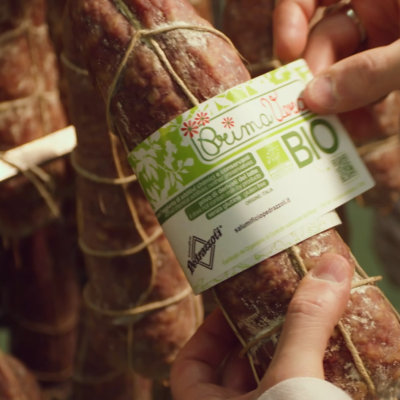
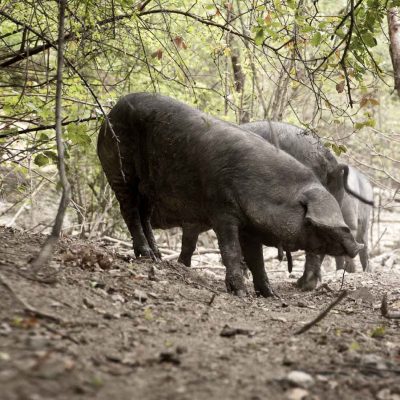
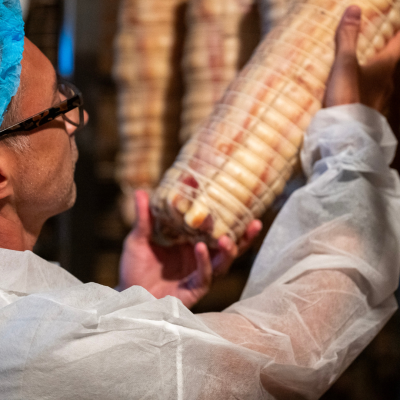
IL NOSTRO
MANGIMIFICIO
Autoproduciamo i nostri mangimi biologici, come mais, grano, orzo, crusca e soia, per allevare e nutrire al meglio i nostri suini.
ALLEVIAMO
ALL'APERTO
Salavaguardiamo le esigenze dei nostri animali e dell’ambiente; i suini sono liberi di esprimere se stessi e il loro comportamento naturale.
FACCIAMO BIO PERCHÈ PENSIAMO BIO
Solo in un corretto equilibrio tra terreno, spazi e alimentazione senza pesticidi si genera l’autentico valore del bio.
IL BENESSERE DEGLI ANIMALI PRIMA DI TUTTO
PRODURRE MENO PER PRODURRE MEGLIO
L’etichetta dei nostri prodotti è breve, facile da capire e trasparente come l’origine delle nostre materie prime che sono 100% italiane.
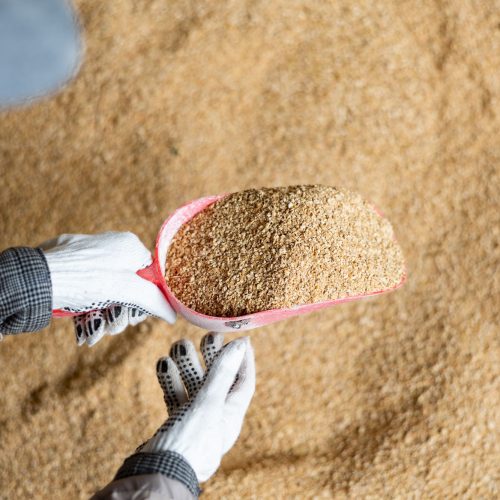
IL NOSTRO MANGIMIFICIO
Autoproduciamo i nostri mangimi biologici, come mais, grano, orzo, crusca e soia, per allevare e nutrire al meglio i nostri suini.
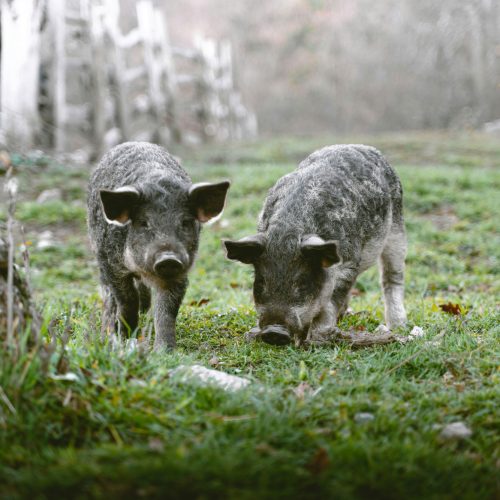
ALLEVIAMO ALL'APERTO
Salavaguardiamo le esigenze dei nostri animali e dell’ambiente; i suini sono liberi di esprimere se stessi e il loro comportamento naturale.
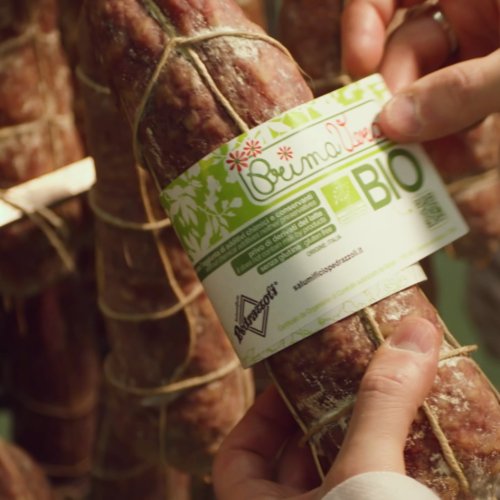
FACCIAMO BIO PERCHÈ PENSIAMO BIO
Solo in un corretto equilibrio tra terreno, spazi e alimentazione senza pesticidi si genera l’autentico valore del bio.
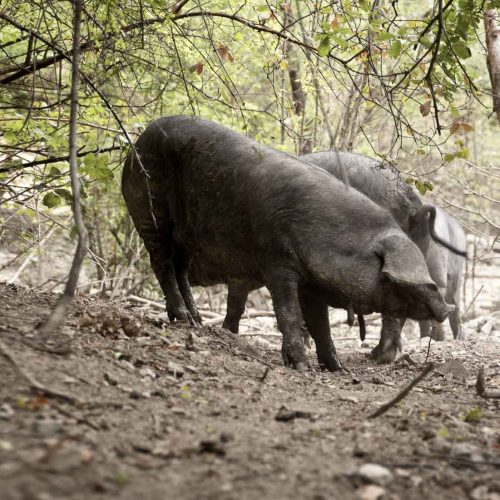
IL BENESSERE DEGLI ANIMALI PRIMA DI TUTTO
I nostri maiali biologici non ricevono farmaci veterinari, ma vengono trattati con farmaci omeopatici.
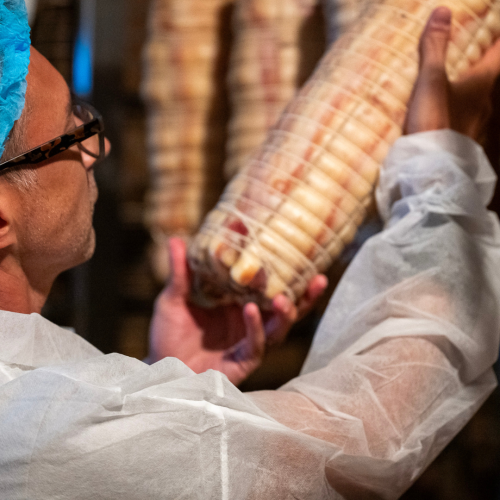
PRODURRE MENO PER PRODURRE MEGLIO
L’etichetta dei nostri prodotti è breve, facile da capire e trasparente come l’origine delle nostre materie prime che sono 100% italiane.
IL NOSTRO PROCESSO
un viaggio sensoriale dalla natura alla tavola
Immaginate di passeggiare tra i nostri allevamenti, dove il benessere degli animali è la nostra priorità. Sentite il profumo delle erbe fresche che nutrono i nostri suini. Entrate nella nostra sala di lavorazione, dove i mastri norcini, con gesti precisi e amorevoli, trasformano la carne in opere d’arte gastronomiche. Infine, respirate l’aria umida e profumata delle nostre cantine di stagionatura, dove il tempo lavora la sua magia.
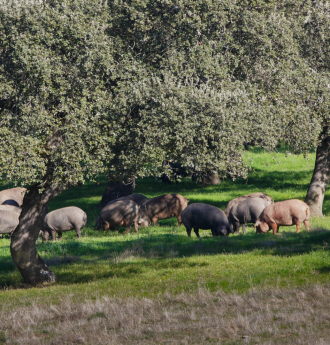
FACCIAMO BIO
PERCHè PENSIAMO BIO

SENZA è MEGLIO

Selezione amorevole delle migliori carni italiane da allevamenti etici

Lavorazione artigianale seguendo le ricette segrete di famiglia
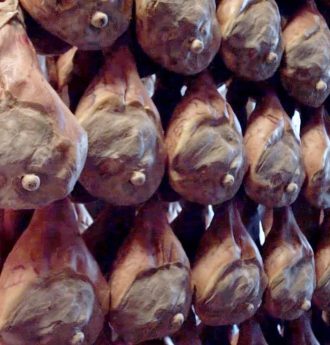
Stagionatura paziente e naturale nelle nostre cantine storiche
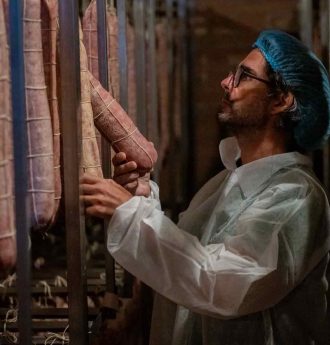
Controlli attenti e appassionati in ogni fase del processo
UNA SCELTA DI GUSTO E DI SALUTE
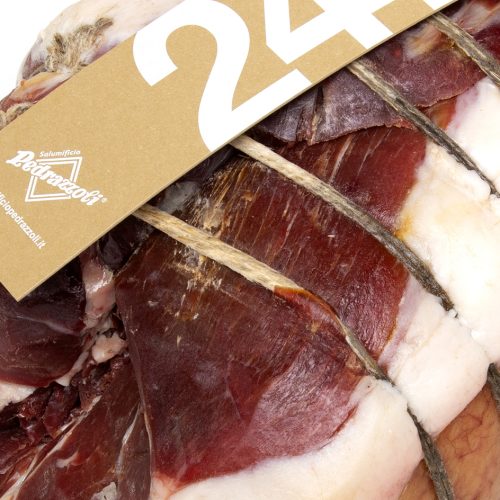
Linea PrimaVera Bio
Rappresenta l’anima solidale ed ecologica che permea tutta la nostra filosofia.
CLICCA E SCOPRI
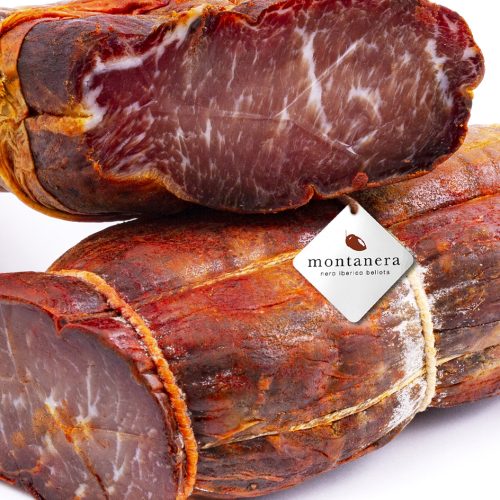
Linea Montanera
L’esclusiva linea biologica Montanera di Maiale Nero Iberico Bellota.
CLICCA E SCOPRI

LINEA Q+
Sinonimo di eccellenza assoluta ma anche di innovazione nella tradizione.
CLICCA E SCOPRI
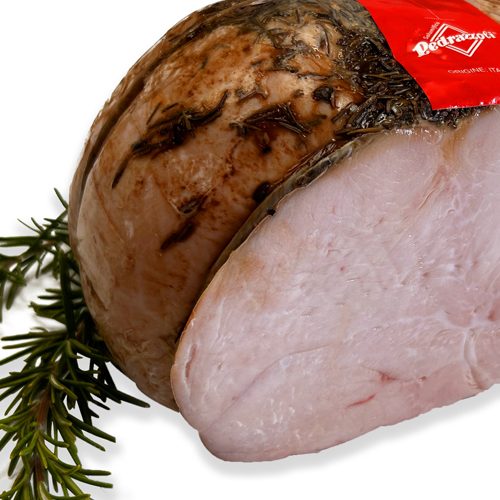
PRODOTTI AVICOLI E BOVINI
Salumi ricchi di proteine, vitamine del gruppo B, ferro e zinco.
CLICCA E SCOPRI
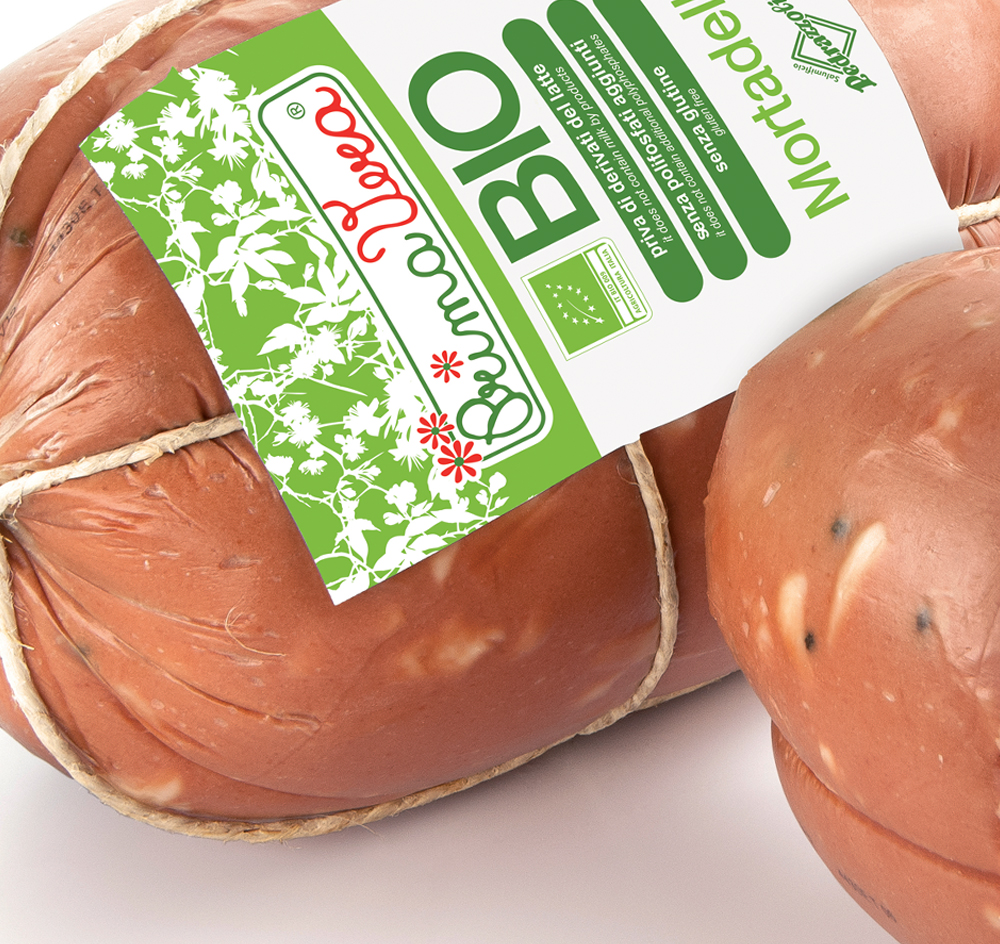
Linea PrimaVera Bio
Rappresenta l’anima solidale ed ecologica che permea tutta la nostra filosofia.
CLICCA E SCOPRI
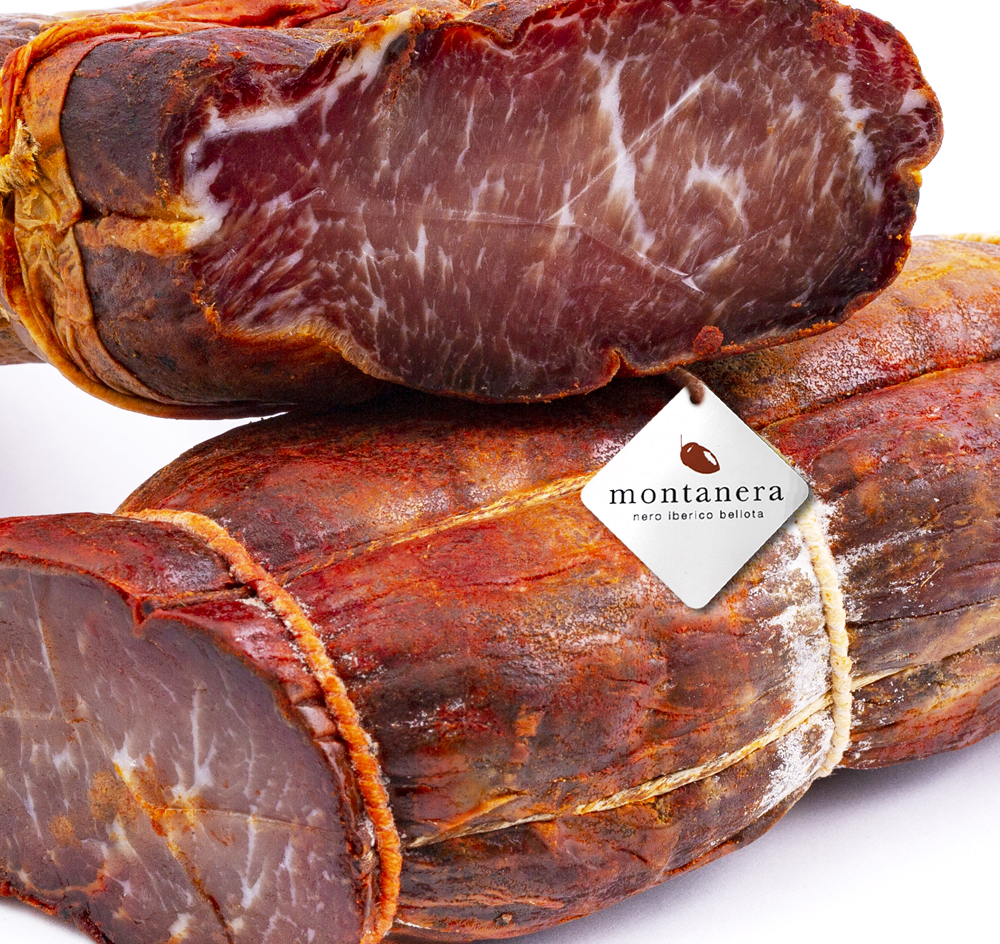
Linea Montanera
L’esclusiva linea biologica Montanera di Maiale Nero Iberico Bellota.
CLICCA E SCOPRI

Linea PrimaVera Bio
Rappresenta l’anima solidale ed ecologica che permea tutta la nostra filosofia.
CLICCA E SCOPRI

Linea Montanera
L’esclusiva linea biologica Montanera di Maiale Nero Iberico Bellota.
CLICCA E SCOPRI

LINEA Q+
Sinonimo di eccellenza assoluta ma anche di innovazione nella tradizione.
CLICCA E SCOPRI
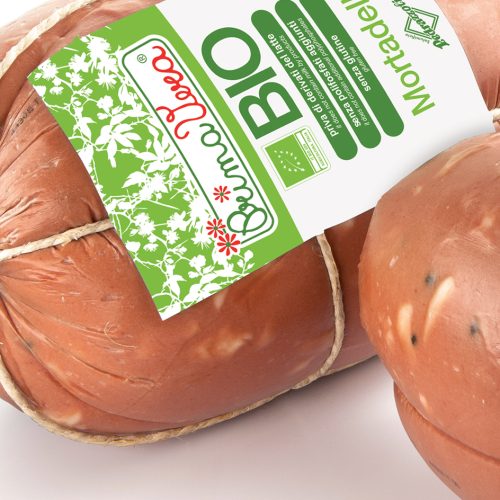
Linea PrimaVera Bio
Rappresenta l’anima solidale ed ecologica che permea tutta la nostra filosofia.
CLICCA E SCOPRI
L’impegno nella ricerca dell’eccellenza, nel rispetto dell’ambiente e nella volontà di prendersi cura del consumatore in termini di salute e sicurezza alimentare, sono i principali ingredienti del successo della nostra azienda e i cardini fondamentali che hanno dato vita alla nuova linea Primavera.

Linea Montanera
L’esclusiva linea biologica Montanera di Maiale Nero Iberico Bellota.
CLICCA E SCOPRI
Montanera è un progetto del Salumificio Pedrazzoli per portarvi alla scoperta del maiale iberico bellota, eccellenza dell’allevamento e della salumeria spagnola, unita alla filosofia del biologico portata avanti dalla nostra famiglia per oltre vent’anni.

LINEA Q+
Sinonimo di eccellenza assoluta ma anche di innovazione nella tradizione.
CLICCA E SCOPRI
Un omaggio sensoriale ai luoghi umidi delle terre della pianura padana, ambasciatrice di un gusto inconfondibile e unico, di cui pure gli antichi nomi dei prodotti, collegati al tema dell’acqua, ne sono testimoni. Infine l’attenta cura del packaging e l’elegante veste del suo confezionamento, fa di Q+ una linea bella da vedersi oltre che squisita da gustarsi.

PRODOTTI AVICOLI E BOVINI
Salumi ricchi di proteine, vitamine del gruppo B, ferro e zinco.
CLICCA E SCOPRI
Salumi “magri” come la bresaola e l’arrosto di tacchino a basso contenuto di grassi e ricchi di vitamine; queste carni provengono da allevamenti anch’essi biologici, dove gli allevatori condividono i nostri stessi principi di benessere animale, alta qualità e salute.

Linea PrimaVera Bio
Rappresenta l’anima solidale ed ecologica che permea tutta la nostra filosofia.
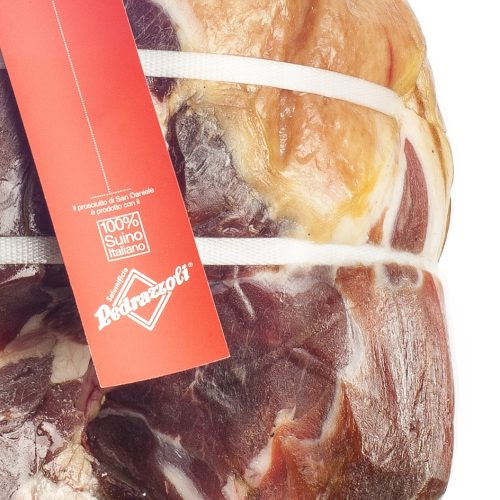
Linea Tradizionale
La tradizione incontra la qualità delle materie prime e il legame con la nostra terra.

Linea Q+
Sinonimo di eccellenza assoluta ma anche di innovazione nella tradizione.

Linea Montanera
L’esclusiva linea biologica Montanera di Maiale Nero Iberico Bellota.
L’impegno nella ricerca dell’eccellenza, nel rispetto dell’ambiente e nella volontà di prendersi cura del consumatore in termini di salute e sicurezza alimentare, sono i principali ingredienti del successo della nostra azienda e i cardini fondamentali che hanno dato vita alla nuova linea Primavera.
L’impegno nella ricerca dell’eccellenza, nel rispetto dell’ambiente e nella volontà di prendersi cura del consumatore in termini di salute e sicurezza alimentare, sono i principali ingredienti del successo della nostra azienda e i cardini fondamentali che hanno dato vita alla nuova linea Primavera.
Montanera è un progetto del Salumificio Pedrazzoli per portarvi alla scoperta del maiale iberico bellota, eccellenza dell’allevamento e della salumeria spagnola, unita alla filosofia del biologico portata avanti dalla nostra famiglia per oltre vent’anni.
Montanera è un progetto del Salumificio Pedrazzoli per portarvi alla scoperta del maiale iberico bellota, eccellenza dell’allevamento e della salumeria spagnola, unita alla filosofia del biologico portata avanti dalla nostra famiglia per oltre vent’anni.
Un omaggio sensoriale ai luoghi umidi delle terre della pianura padana, ambasciatrice di un gusto inconfondibile e unico, di cui pure gli antichi nomi dei prodotti, collegati al tema dell’acqua, ne sono testimoni. Infine l’attenta cura del packaging e l’elegante veste del suo confezionamento, fa di Q+ una linea bella da vedersi oltre che squisita da gustarsi.
Un omaggio sensoriale ai luoghi umidi delle terre della pianura padana, ambasciatrice di un gusto inconfondibile e unico, di cui pure gli antichi nomi dei prodotti, collegati al tema dell’acqua, ne sono testimoni. Infine l’attenta cura del packaging e l’elegante veste del suo confezionamento, fa di Q+ una linea bella da vedersi oltre che squisita da gustarsi.
Salumi “magri” come la bresaola e l’arrosto di tacchino a basso contenuto di grassi e ricchi di vitamine; queste carni provengono da allevamenti anch’essi biologici, dove gli allevatori condividono i nostri stessi principi di benessere animale, alta qualità e salute.
Salumi “magri” come la bresaola e l’arrosto di tacchino a basso contenuto di grassi e ricchi di vitamine; queste carni provengono da allevamenti anch’essi biologici, dove gli allevatori condividono i nostri stessi principi di benessere animale, alta qualità e salute.
LE NOSTRE NOVITÀ
PRODOTTI A BASSO CONTENUTO DI GRASSI
Salumi ricchi di proteine, vitamine del gruppo B, ferro e zinco.
Salumi “magri” come la bresaola e l’arrosto di tacchino a basso contenuto di grassi e ricchi di vitamine, adatti anche alla dieta degli sportivi.
Queste carni provengono da allevamenti anch’essi biologici, dove gli allevatori condividono i nostri stessi principi di benessere animale, alta qualità e salute.
Compila il form per ricevere i cataloghi
Entra a far parte della nostra storia e a condividere la nostra passione con i tuoi clienti.
Perché scegliere l’eccellenza Pedrazzoli
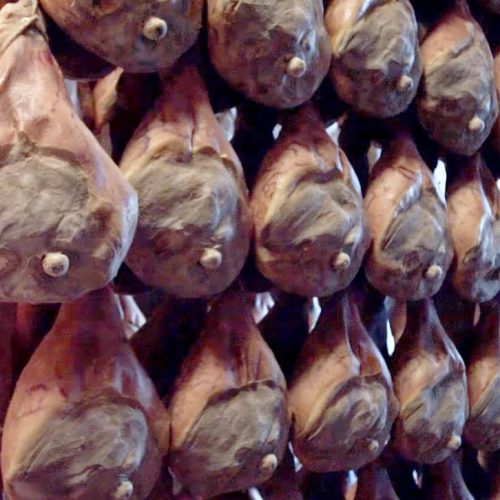
Qualità Artigianale
Ogni salume è un’opera d’arte creata con amore

Tradizione Familiare
Custodi di sapori autentici da generazioni

Rispetto per la Natura
La nostra dedizione va oltre il prodotto

Vasta Gamma
Un universo di sapori per ogni palato
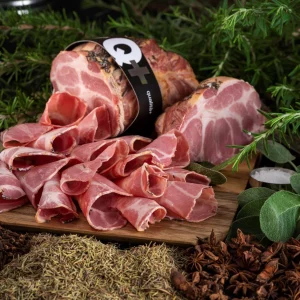
Affidabilità
70+ anni di passione garantiscono eccellenza costante

Personalizzazione
Creiamo esperienze uniche per i vostri clienti
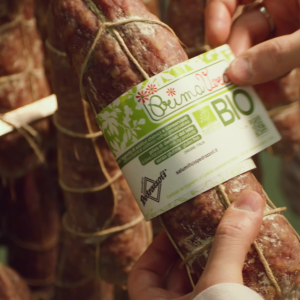
Supporto Marketing
Vi aiutiamo a raccontare la nostra storia

Certificazioni
Qualità garantita e riconosciuta
FARE BENE, SEMPRE
SOLO ENERGIA PULITA
Energia pulita per noi è sole ed è acqua. Siamo convinti che il sole e l’acqua siano le uniche fonti per produrre realmente energia pulita. Per questo abbiamo rinnovato ed integrato il nostro impianto fotovoltaico, arrivando a produrre il 75% della nostra energia. Abbiamo inoltre adottato un sistema per riciclare l’acqua calda proveniente dal raffreddamento dei nostri macchinari… in questo modo tutta l’acqua che utilizziamo proviene da riciclo.

Il nostro impegno per il vostro successo
FORMAZIONE
Condividiamo i segreti dell’arte salumiera nei nostri workshop
EVENTI
Creiamo insieme esperienze indimenticabili per i vostri clienti
MATERIALI POP
Raccontiamo la nostra storia nei vostri punti vendita
LOGISTICA
Portiamo la nostra passione direttamente da voi, sempre puntuali
Resta in contatto
Iscriviti alla newsletter e ricevi in anteprima le novità e i segreti per valorizzare al meglio i nostri prodotti artigianali.

Salumificio Pedrazzoli
Via San Giovanni 16/A 46020 | San Giovanni del Dosso (MANTOVA)
Tel. 0386 757332
P.IVA 01592090201
